Chisholm Residents Look to Build Inclusion for BIPOC In Minnesota's Iron Range
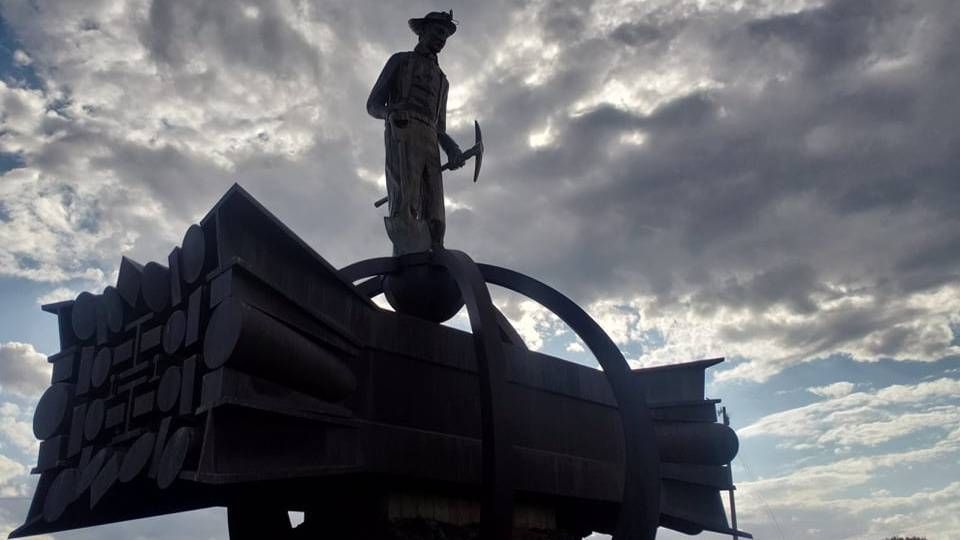
You can hear the music from blocks away.
James Brown's earthy notes swing as smells of barbecue waft through the air. Stevie Wonder's winding keys flow through crowds of people laughing and playing with their children. It's all happening at Chisholm's first official Juneteenth celebration, which gathered more than 100 people from the majority-white region to celebrate Black liberation. With bounce houses, food, and live music drawing crowds of people together, organizers say the event - the first of its kind in the Iron Range - was a success.
But it took a lot of work to get this far.
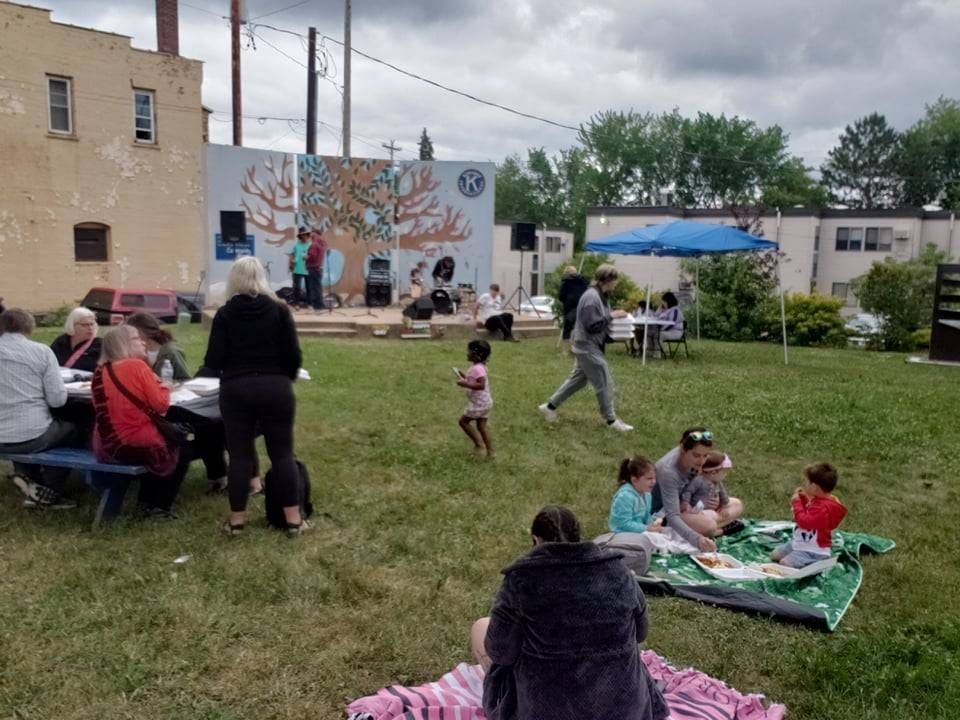
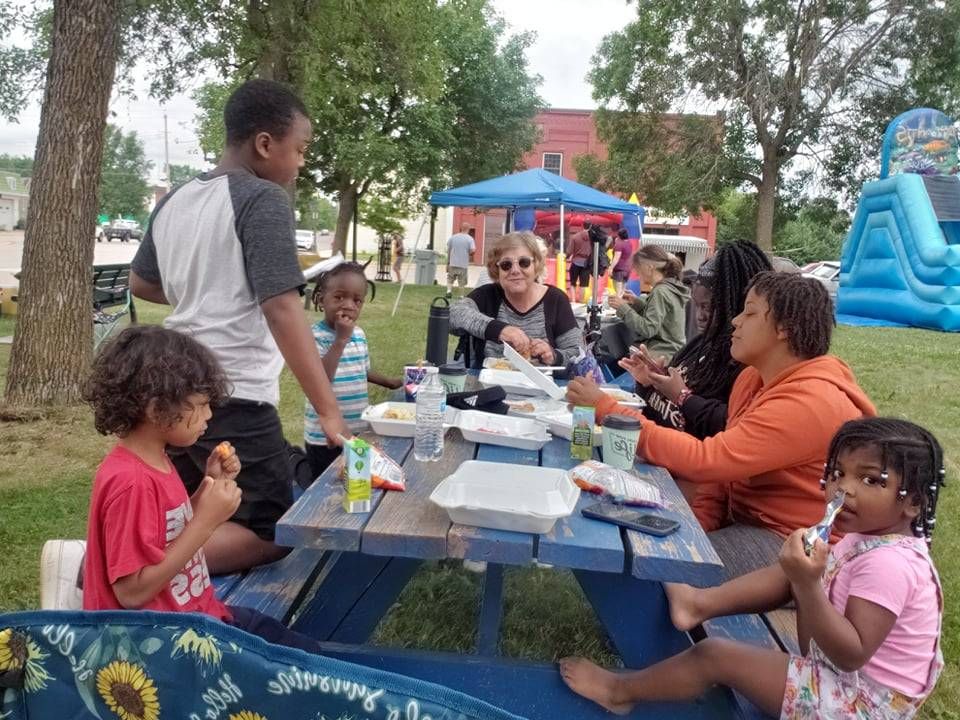
George Floyd's death spurred protests and calls for racial justice in and around the city. It also brought counter-protests, and feelings that Black and Indigenous people of color are not welcome here. Advocates say such feelings have dogged BIPOC here for years, and more work must be done to make the Iron Range welcoming to all.
Acclimating
Decades before organizing that Juneteenth event, Seraphia Gravelle moved from Texas to be with family in northern Minnesota. But as a Hispanic woman in a city that is 96% white, Gravelle felt she needed to change herself to fit in.
"I had to do a lot of whitewashing when I came here in order to fit in, get a job, not get into fights at school," Gravelle said. "The last few years, I've finally gotten to the point where I said, 'I don't have to do that, nor should I have to.'"
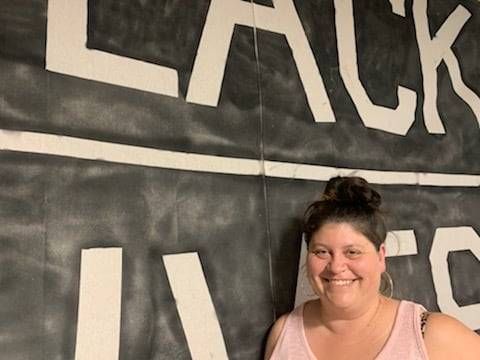
That tension between acclimating and defending her identity hit a fever pitch when Derek Chauvin murdered George Floyd.
Although the murder happened three hours from where they live, Gravelle and other activists protested in the streets. As they shouted for equity and justice, others moved to resist them. She said one activist was maced. Others were yelled at and accosted. And when some Chisholm businesses posted signs of support for first-responders after Floyd's death, the discomfort among BIPOC residents was palpable.
"Nobody is saying you shouldn't [support them], but it's something that could've been said at any time," Gravelle said. "So when new people come here, that's what they see. And so they start off being uncomfortable."
Soon after Floyd's death, Gravelle and local resident Nathaniel Coward started Voices for Ethnic and Multicultural Awareness (VEMA), an organization that aims "to enact change, educate, and provide cultural experiences." Some people walk through their doors to tell Gravelle that it's one of the few places they feel seen and connected to. Now she and other activists are trying to do the same for the rest of the Iron Range.
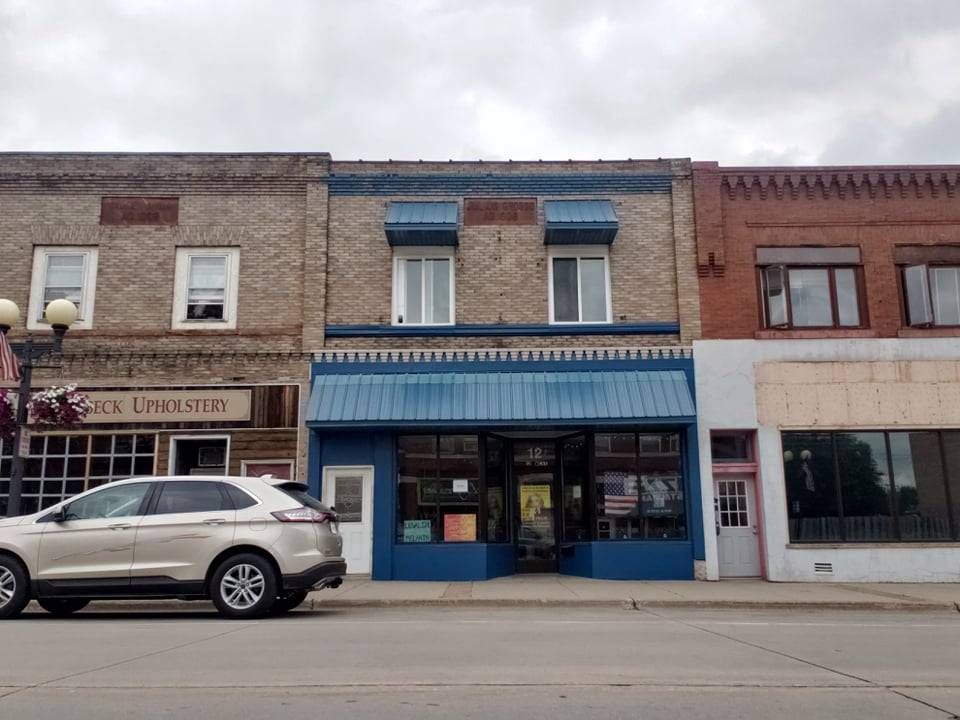
A Field of Dreams
Across Chisholm's Bridge of Peace, a veteran's memorial lined with flags and yellow dandelions, there's a billboard of Archibald "Moonlight" Graham. Graham was a baseball player-turned-physician whose story inspired Field of Dreams, the movie about a farmer turning his land into a place where dreams can come true. In many ways, Gravelle and Coward hope to do that for BIPOC in the Iron Range.
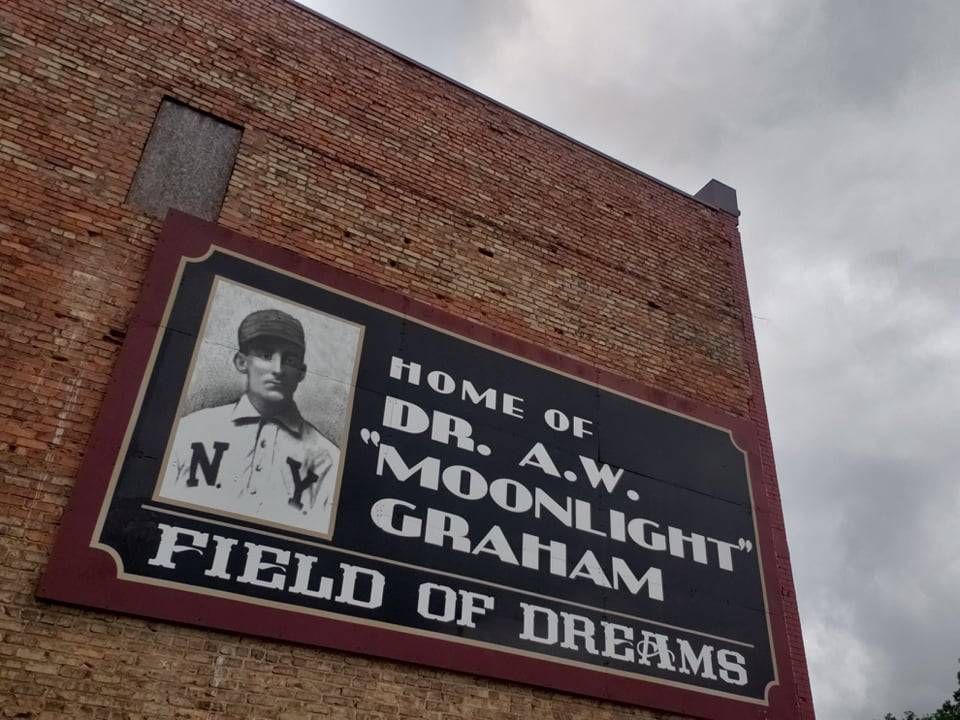
Coward has lived in Chisholm for 25 years and remembers watching Los Angeles explode after the officers who beat Rodney King were acquitted. He feels protests now are different because people of all races have joined the call for equity. But as VEMA's co-founder, he says that local leaders show little public support.
"I'd love to get to them and say, 'Hey, we have a growing population of Black and brown people here. What are you going to do for them to make things feel more inclusive?'"
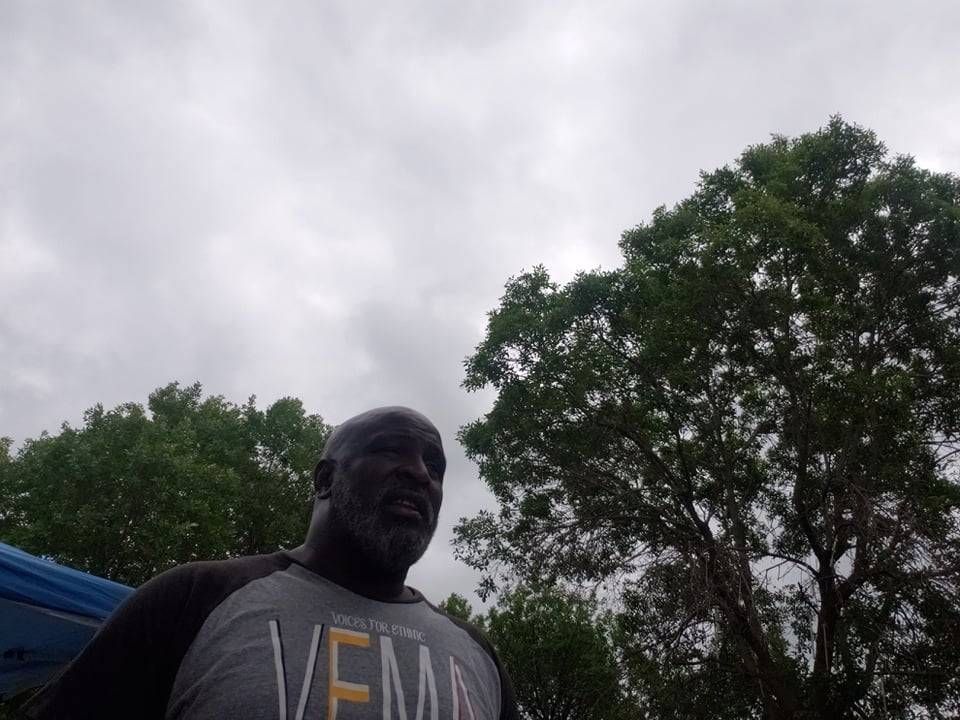
Attendees said Saturday's Juneteenth celebration is a start, making it feel good to live in a Midwest that struggles with race.
"[This turnout] shows that, despite everything that we've been through, that there are good people here. There are people that care about the issues that we're fighting for," activist Megan Phillips said. "I'm hoping that this energy stays with us and that these allies stay with us, and that they continue to show up and show out."
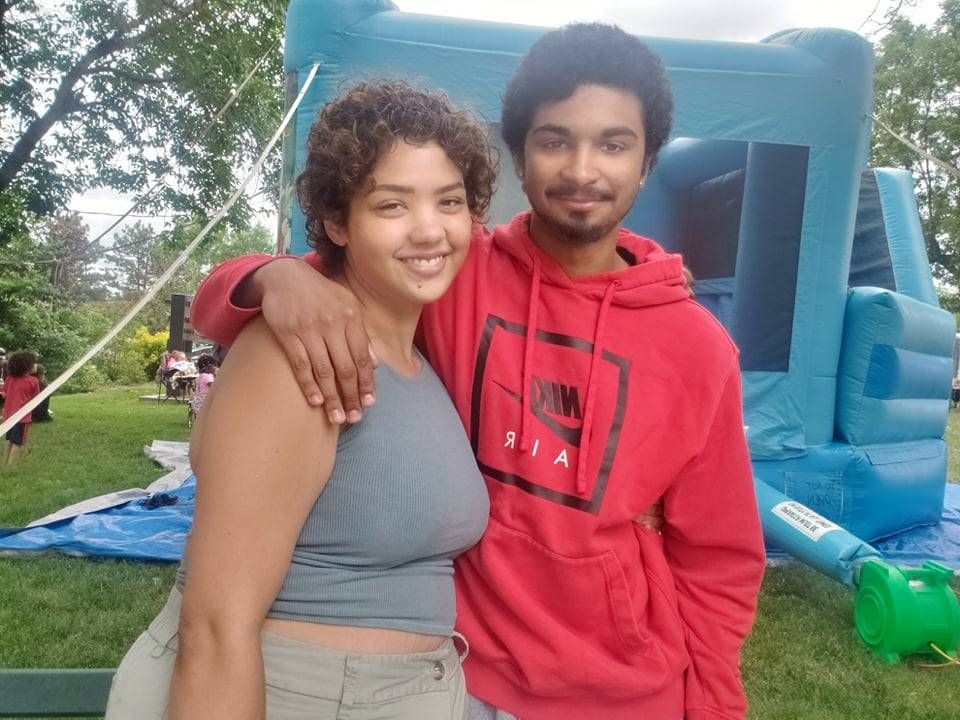
"Whether you're old, young, Black, white, you name it, we need to support each other," business owner Nick Gigliogti said. "Each community in itself has different needs, and so any way we can do that, to be there for each other, will help ultimately create more successful community."
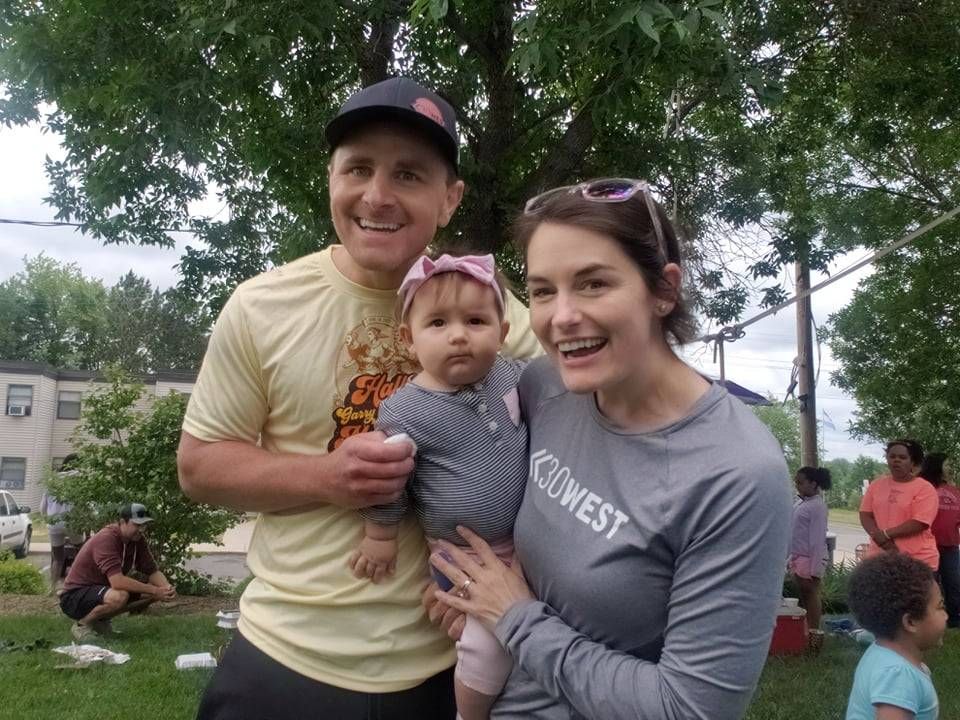
Gravelle would agree. She said the Iron Range will die without diversity, and making the community more inclusive would welcome more people and opportunities to the area.
That may be easier said than done. Gravelle said racial stereotypes are strong in the north, and the police shooting of 19-year-old Estavon Elioff feels fresh and close to home. She says they continue working against that because they are just as American as anyone else.

"We want a safe, welcome community just like anybody else does, and we deserve that. We contribute to this community just as much as anybody else, and so we deserve to feel safe and welcome in the community that we live in," Gravelle said "So it's just time for people to 'suck it up, buttercup,' and welcome the change. And welcome the diversity and welcome the color."
